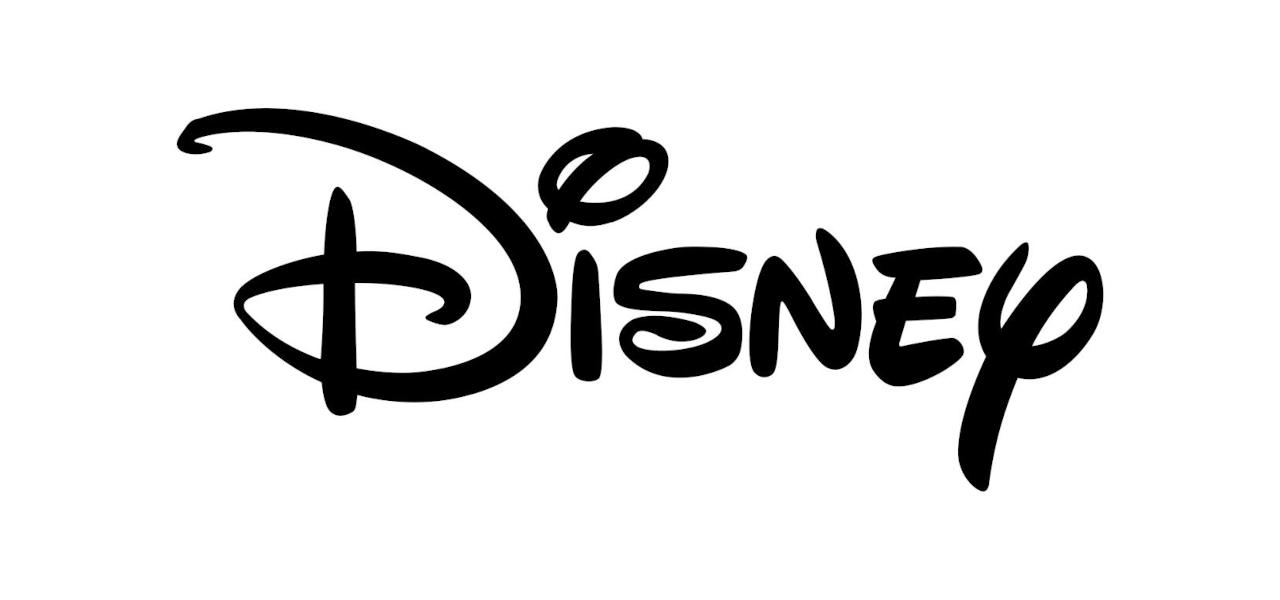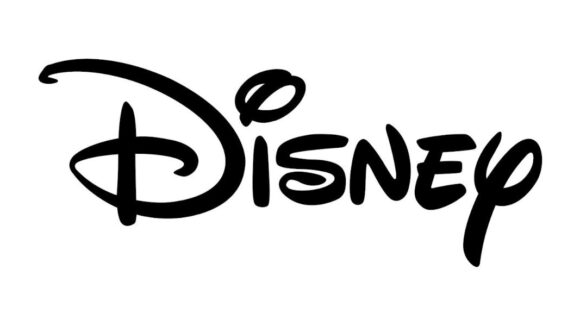

Will Disney Split Its Business In Two?
Things have been shaky at The Walt Disney Company for a few years now, and analysts are weighing in on what they believe the future may hold for the company.
A predominant prediction being floated around is that Disney may take its liner tv businesses such as ABC, Freeform, and FX, and split them into a separate company. Extrapolated further, a Disney unencumbered by those entities would be more attractive to a potential buyer such as Apple or Google parent company Alphabet.
Where did the rumors come from? For starters, Iger himself. In a CNBC interview back in July, he mentioned that the company’s tv businesses “may not be core to Disney.” Former Disney exec Kevin Meyer, who was recently brought back to the company as a consultant by Iger, has been suggesting some kind of split for months. And, when asked during an investors call last week if he was considering dividing the company, Iger’s non-committal response was, “As I’ve stated before, we are thinking expansively and considering a variety of strategic options.”
Why would Disney do that? Disney would offload a huge chunk of debt and lose a legacy business that is hurting the company’s bottom line. It would also create a new company which would include Disney’s theme parks, studios, and the Disney+ platform. On last week’s call, Iger identified those three branches as the businesses which will drive the most growth at the company over the next five years.
Is streaming profitable? Not right now, no. In fact, during the last quarter, Disney’s streaming business lost $512M, bringing its total losses since 2019 to more than $11B. The good news, for Iger at least, is that many analysts were predicting an even larger loss. To improve the company’s streaming outlook, the CEO explained that Disney will increase subscription prices for Disney+ and Hulu and begin a crackdown on password sharing, just like Netflix did before them.
How would Disney split its tv businesses? Analysts are proposing several possibilities:
- Disney could split ABC, its local stations, and its cable networks like ESPN and FX, as a separate company, loading it with an appropriate level of debt.
- Disney might spin off its tv assets to company shareholders as a separate, publicly traded company by the start of next year, with private equity potentially playing a role.
- Disney could court outside investors to get involved with ESPN as a way of mitigating the cost of increasingly expensive sports media rights.
Has anything like this been done before? Quite recently. In 2018, Time Warner offloaded parts of its media business before selling the core company to AT&T for $85.4B. Not long after, Warner Bros. was the company being dropped by AT&T to protect the telco’s bottom line. If that’s the model that Iger is following, perhaps the long-gestating rumors of a Disney purchase by Apple or Alphabet have some merit.
Is Disney for sale? When asked about that during last week’s call, Iger replied, again noncommittally, “Obviously, anyone who wants to speculate about these things would have to immediately consider the global regulatory environment. I’ll say no more than that. It’s just – it’s not something that we obsess about.”

.png)




